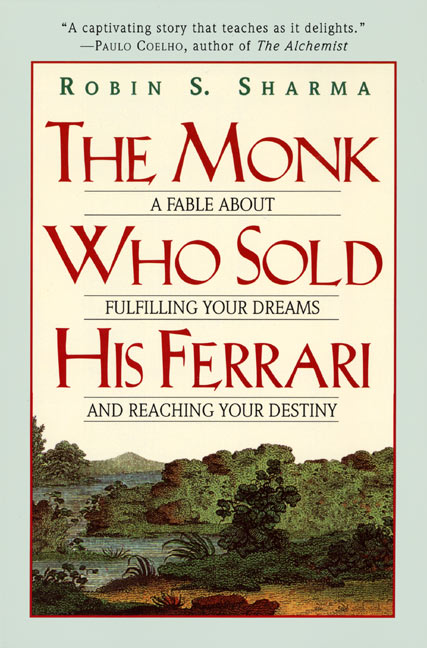“We cannot change the cards we are dealt, just how we play the hand.” – Randy Pausch (RIP 25 July 2008)
I first blogged about Carnegie Mellon Professor Randy Pausch back in 28 July 2008, 3 days after his death from pancreatic cancer. So moved was I by the video of his last lecture (do watch it if you haven’t done so), that I bought the book. Of course, this was way before the recent death of the more famous Steve Jobs of Apple.










